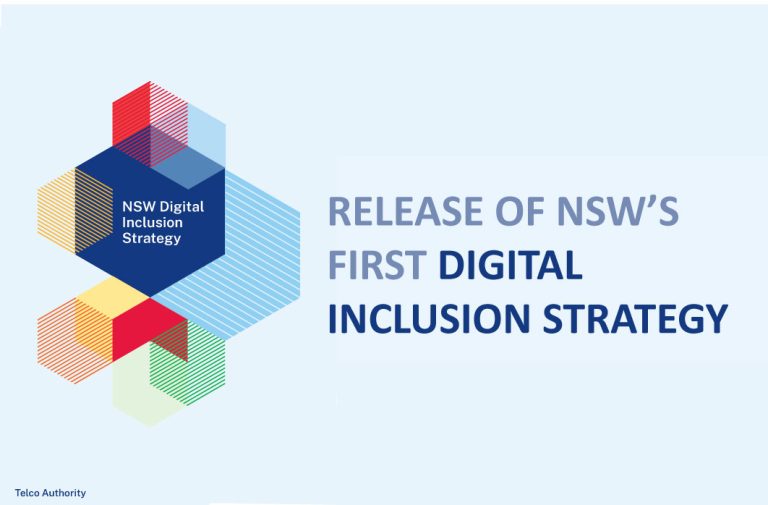
How Cognitive Advantage is designing solutions for the toughest conditions
CIN sat down with Charles Winsor, Founder of Cognitive Advantage, to talk about building trust in technology, rethinking recovery and why digital resilience must be community-led.
“Resilience means power, access and autonomy. Communities shouldn’t have to wait for the next truck or tower to arrive.”
For Charles Winsor, this isn’t just a guiding philosophy; it’s the outcome Cognitive Advantage wants to help communities achieve. As one of CIN’s newest industry members, Cognitive Advantage is committed to designing tools that work in the most challenging environments, from disaster zones to remote Indigenous communities and to making sure those tools are usable, affordable and under local control.
Resilience Built on Experience
Cognitive Advantage’s origins lie in the defence sector, advising on secure communications and networking systems. But over time, the team realised many of Australia’s digital systems are not built with a crisis in mind. Floods, fires and outages regularly cut people off when they need connectivity most, and public infrastructure alone can’t reach everyone.
“We saw a gap,” Charles explains. “Not just in connectivity, but in flexibility. In the ability to maintain communications without relying on fixed towers, grid power, or a whole IT team.”
That shift in thinking led them to develop new ways of delivering broadband and computing capacity in the field, always with the focus on real-world usability. That work resulted in Edge Spark, a compact, power-flexible platform designed to provide connectivity and local computing in places where traditional networks don’t reach. Originally built for emergency and defence use, it’s now being adapted to support remote communities and local resilience efforts.
Supporting Community-Led Solutions
One of the clearest examples of that ethos is Cognitive Advantage’s collaboration with an Indigenous-owned organisation working across central and northern Australia. Together, they’ve been trialling portable systems to provide free public Wi-Fi in communities with little or no existing internet access.
“Connectivity is just the start,” Charles says. “Digital inclusion also means giving people control over their access, protecting those with lower digital literacy and ensuring affordability.”

By working alongside community partners, they’ve focused on creating technology that can be managed locally and sustained over time. That includes prepaid backhaul models, off-grid solar and lightweight equipment that doesn’t require specialist setup.
Rethinking Resilience
For Charles, one of the overlooked aspects of resilience is what happens after an emergency. “People often think of first responders, but recovery takes weeks or months, and people need stable connectivity during that time to stay in touch, access services, and rebuild.”
That’s why Cognitive Advantage works with organisations seeking practical, place-based solutions. From emergency services to regional councils, the focus is on giving communities the ability to deploy and maintain their digital infrastructure rather than wait for centralised responses.
“There’s a lot of talk about resilience,” Charles says, “but communities need tools they can use when the networks go down. And they need ways to keep those systems powered, secure and working for the long term.”
Finding Alignment Through CIN
Cognitive Advantage joined CIN looking for deeper collaboration on high-impact challenges and to contribute to shared efforts in bridging the digital divide.
“We’re excited by CIN’s mission and hopeful about deeper engagement ahead. There’s enormous potential to connect ideas, institutions and industry in new ways.”
Learn more about Cognitive Advantage and their approach to resilient technology and real-world problem solving.
Got a story to tell?
We’d love to hear how your work aligns with CIN’s focus on practical innovation and inclusive technology.






